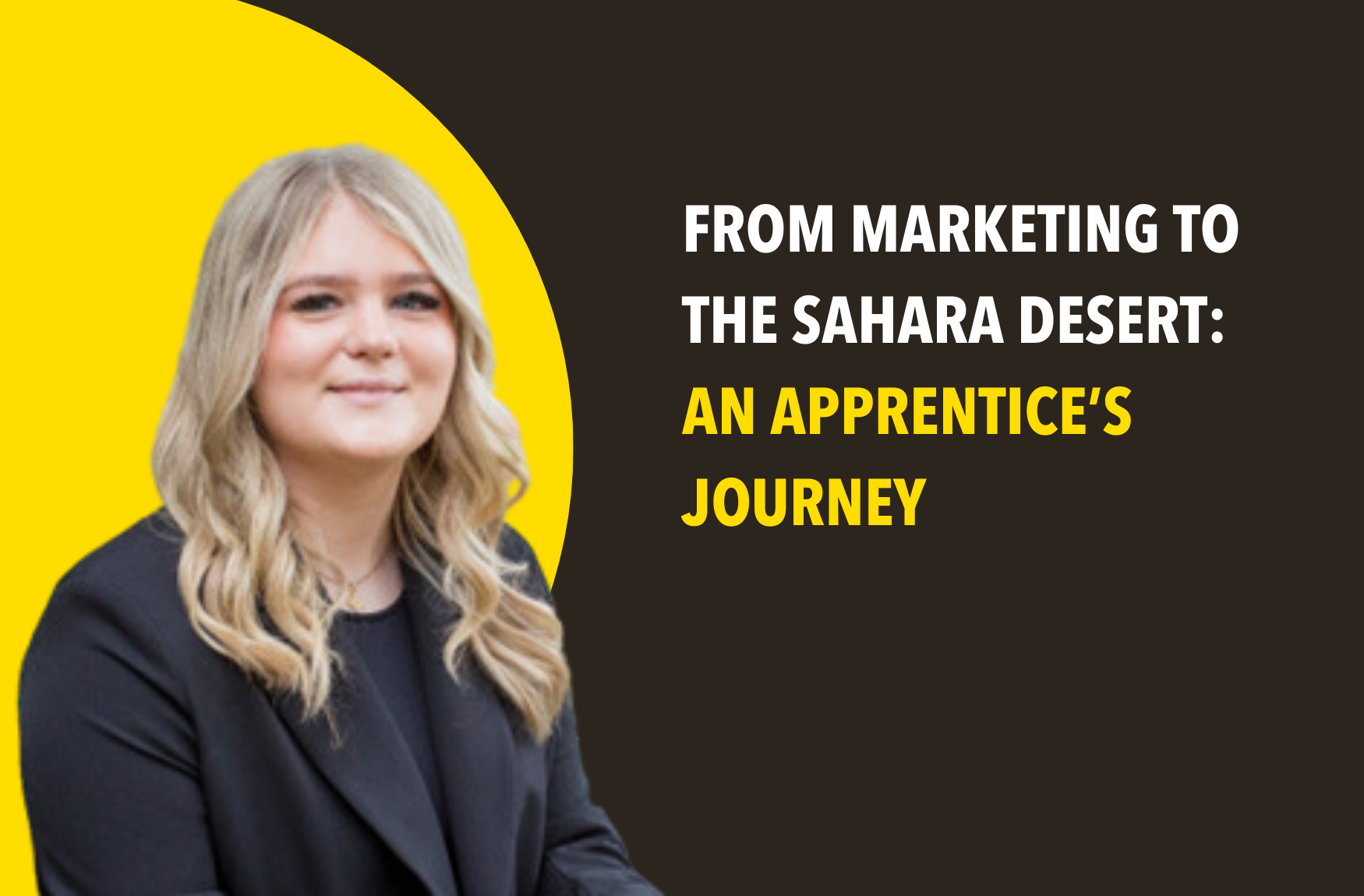31ST AUG 2022
Meet the lecturer: Vincent Seow, Engineering Degree Lecturer at GC


"In our engineering degree courses, we tailor the skillset to meet business needs relevant to our employer partners. Your apprentices will be working in the knowledge that at the end of their apprenticeship they will have a qualification that is tremendously valuable to them individually and to you as an employer."
In summer 2022, two teams of engineering degree apprentices representing Gloucestershire College (GC) and the University of the West of England (UWE) became finalists in the prestigious, annual Engineers Without Borders’ Engineering for People Design Challenge competition, with one of the teams wining the People’s Prize.
This outstanding achievement has once again demonstrated the quality of our Engineering Degree Apprenticeships - the Level 6 programmes are jointly delivered by the academic teams at GC and UWE in partnership with some of the leading UK employers, including Renishaw, Spirax-Sarco, Dowty Propellers and UK Atomic Energy Authority.
Vincent Seow, Lecturer in Engineering at GC was the project curator for both teams. An aerospace engineer with two Master degrees from the University of Bath, he worked as a Senior Computational Fluid Dynamics Engineer for an engineering consulting firm before joining the College. We caught up with him to learn more about his background and the courses he teaches.
Vincent, how did you get into further education?
I have always had a passion for engineering and technology since I was little. As soon as I graduated from high school in Malaysia, I was encouraged by my parents and teachers to pursue further education. I did my A Levels in a college where I studied Mathematics, Physics and Chemistry. After my A Levels, I made up my mind that I wanted to learn how to design an aircraft, therefore I came to the UK in 2003 to study aerospace engineering degree. During my time at the university, I was invited to visit Airbus UK A380 wing production and Rolls Royce jet engine facilities. In collaboration with Airbus UK, I conducted extensive research in aeroelasticity that has strong influence in designing the internal configurations of aircraft wings to prevent catastrophic failure during flight conditions.
The visits and meetings with professional engineers helped me to understand that a close relationship between academia and industry will enhance the cutting-edge technology and boost the economy of the country.
What do you enjoy most about your role?
I love interacting with my students and helping them understand the learning outcomes of the course. It is very rewarding when I see the light bulb go off for a student who’s applied what they learned in the practical laboratory as well as in their workplace. Each student is different. I always try to see talents and strengths in my students and help them develop the skills required in the industry.
Tell us a bit about some of the courses that you support. What skills do they bring to our learners and employers?
I am delivering Level 6 Product Design and Development Engineering, and Manufacturing Engineering Degree Apprenticeship programmes. I currently lecture on Dynamics Modelling and Simulation (Year 1), Engineering Practice 1 (Year 1), Applied Thermofluids (Year 2), Dynamics (Year 2), Engineering Practice 2 (Year 2) and Engineering Research (Year 2).
Throughout this course, learners will develop logical approaches to problem solving and gain project management skills. For example, one of the modules requires learners to participate in the Engineering for People Design Challenge competition. This project motivates the learners to consider many factors related to environment, sustainability, safety and economy, when they develop conceptual designs to solve problems in a local community. My past learners have brought commercial awareness and practical skills at their workplaces, which in turn benefit the employers.
What advice could you give to someone considering entering the industry? Is an apprenticeship a good starting point?
Industry career opportunities are broader as you can apply the technical skills you learn at the college into practical application in real world projects. As an apprentice, not only will you be offered a paid work experience, but you will be gaining a formal qualification at the same time. I strongly encourage anyone to consider apprenticeship as your career path.
Would you recommend hiring an apprentice to local businesses and why?
Absolutely. I think hiring an apprentice is a productive way to grow talent and develop a motivated, skilled and qualified workforce. In our engineering degree courses, we tailor the skillset to meet business needs relevant to our employer partners. Your apprentices will be working in the knowledge that at the end of their apprenticeship they will have a qualification that is tremendously valuable to them individually and to you as an employer.
GC/UWE’s Engineering degree apprenticeships are designed to train the talent of tomorrow in partnership with Gloucestershire’s best engineering and manufacturing companies. To learn more about our engineering apprenticeship programmes, click here or contact the Employer Training & Apprenticeships team.












